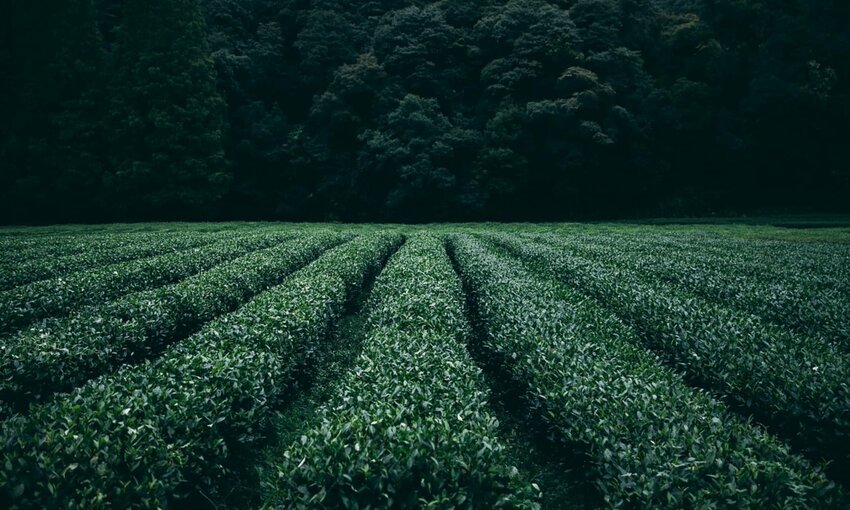 (Credit: Pixabay)
(Credit: Pixabay)A new initiative has launched that is designed to help farmers generate and sell carbon credits from their regenerative farming practices on an annual basis. It also provides a marketplace for organizations and individuals wanting to offset their carbon footprint by purchasing credits directly from American farmers.
The new program, launched by CIBO Impact, promotes regenerative agriculture by making it simple for farmers to enroll their land and quantify carbon credits arising from sustainable farming practices.
This is a new sustainability metric that quantifies the land's ability to sequester carbon and offset emissions under regenerative management. With this metric, farmers and stakeholders can better understand the economic and environmental impact of adopting sustainable practices. CIBO Impact also provides the first field-level "what-if" calculators that enable users to see the carbon footprint or yield impact of various practices for specific fields.
The CIBO Impact marketplace also enables parties interested in supporting sustainable practices to connect with farmers on related offerings. Examples include lenders, retailers, and input companies that have offerings targeted towards regenerative farming. Organizations with public carbon and climate commitments can monitor their agricultural supply chain portfolios as well as support them directly through the purchase of carbon credits from those specific farms and fields.
The CIBO Impact platform is free for farmers and there is no cost to enroll. At launch, CIBO has verified carbon credits from regenerative agriculture available for purchase on the platform.
Carbon credits have become increasingly popular in the agriculture industry. In June, Bayer began rewarding farmers in Brazil and the US for generating carbon credits by adopting climate-smart practices — such as no-till farming and the use of cover crops — designed to help agriculture reduce its carbon footprint and greenhouse gas (GHG) emissions. Bayer’s “Carbon Initiative” is helping the company reach its goal of reducing field GHG emission by 30% in 2030.
Soil is one of the most effective ways of sequestering carbon. Incentivizing farmers to embrace no-till, precision nitrogen use or cover crops helps further sequester carbon into the soil, reduce fossil fuel usage and reduce greenhouse gases. While today farmers get rewarded solely for their food, feed and fiber production, those participating in the Bayer Carbon Initiative will have the opportunity to be rewarded for their best farm management practices and other sustainability efforts as well.